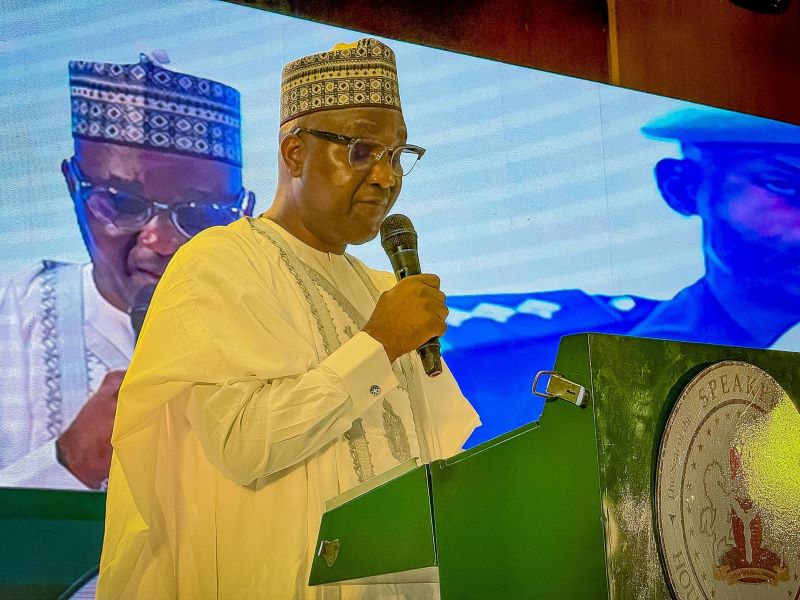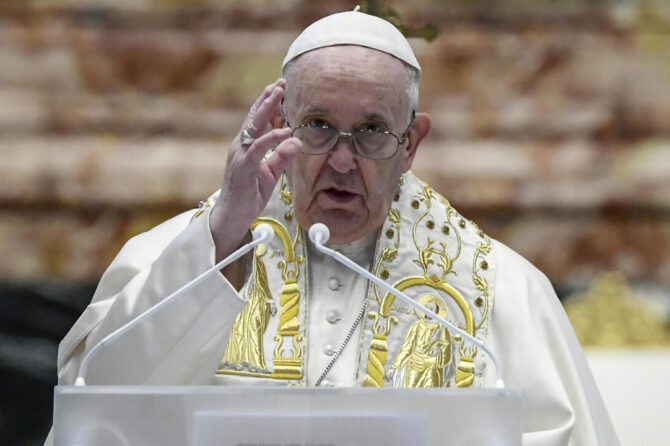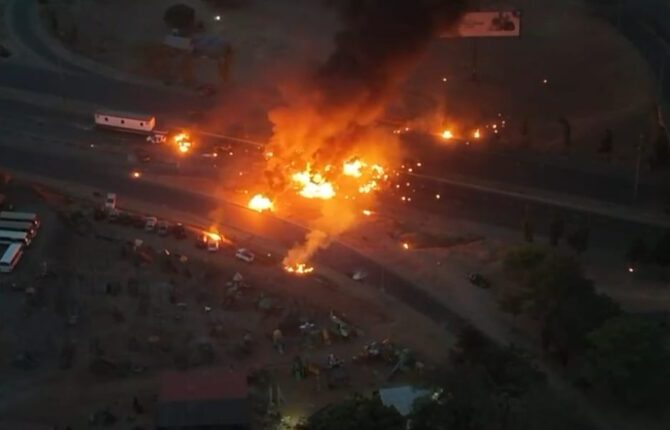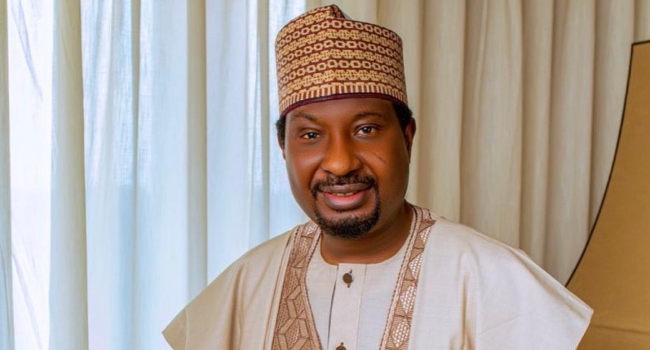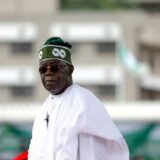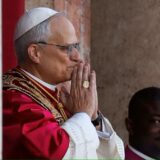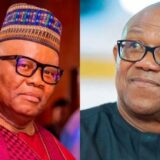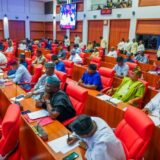Nigeria Leads Move to Provide Power to 300 Million Africans by 2030 – Speaker Abbas
Lagos, May 5, 2025 – Nigeria is spearheading a continental initiative to provide electricity access to 300 million Africans by 2030, House of Representatives Speaker Tajudeen Abbas announced at the First Legislative Conference and Expo on Renewable Energy in Lagos on Monday.
Speaker Abbas highlighted Nigeria’s active role in the Mission 300 Initiative, a partnership involving the World Bank and the African Development Bank (AfDB), aimed at scaling up electricity access across Africa. He praised President Bola Tinubu’s approval of a $1 billion financing package for Nigeria’s Rural Electrification Agency in December 2024 as a crucial step toward this goal.
“On the continental stage, Nigeria has assumed a leadership role. Through our participation in the Mission 300 Initiative with the World Bank and the African Development Bank, we are working to provide electricity to three hundred million Africans by 2030,” Abbas said.
Current Electricity Access and Challenges in Nigeria
Despite progress, Nigeria still faces significant challenges in electricity access. According to the World Bank, about 61.2% of Nigerians had access to electricity in 2023, with a stark urban-rural divide: approximately 70% of urban residents have electricity access compared to only 33% in rural areas. Nearly 80 million Nigerians remain without electricity, many relying on costly and polluting alternatives such as diesel generators, kerosene lamps, and candles.
Frequent power outages also plague the country, with households reportedly experiencing an average of 6.7 blackouts per week, each lasting about 12 hours, according to the International Energy Agency (IEA). This grid instability hampers economic growth and quality of life.
Strategic Steps and Investments
The Mission 300 Initiative aims to bridge this gap by promoting renewable energy, decentralized power solutions, and infrastructure development. Nigeria has increased its installed grid capacity to 14 GW following the commissioning of the Zungeru hydroelectric plant in April 2024. However, available daily capacity remains low at about 4.14 GW due to transmission losses and gas supply constraints.
To address these challenges, Nigeria is focusing on:
- Expanding decentralized solar and hybrid mini-grid systems, especially in rural areas.
- Upgrading transmission and distribution infrastructure with investments supported by AfDB’s $1 billion financing and USAID’s clean energy funding.
- Establishing state-level electricity markets like Lagos State’s Electricity Market, designed to operate independently and promote renewable energy adoption.
- Implementing reforms such as the creation of the Nigerian Independent System Operator (NISO) to improve grid management and market efficiency.
Call for Multi-Sector Collaboration
Speaker Abbas urged legislators, the executive, private sector, and civil society to collaborate in creating enabling policies, attracting investments, and ensuring accountability.
“Renewable energy is no longer a niche concern but a cornerstone of global development policy. It holds substantial implications for economic growth, climate adaptation, and industrial innovation,” he said.
Outlook
With nearly 600 million Africans lacking electricity access and Nigeria’s population continuing to grow, the Mission 300 Initiative represents a critical effort to transform the continent’s energy landscape. Nigeria’s leadership role, backed by international financing and domestic reforms, positions it as a key driver in achieving universal energy access by 2030.


